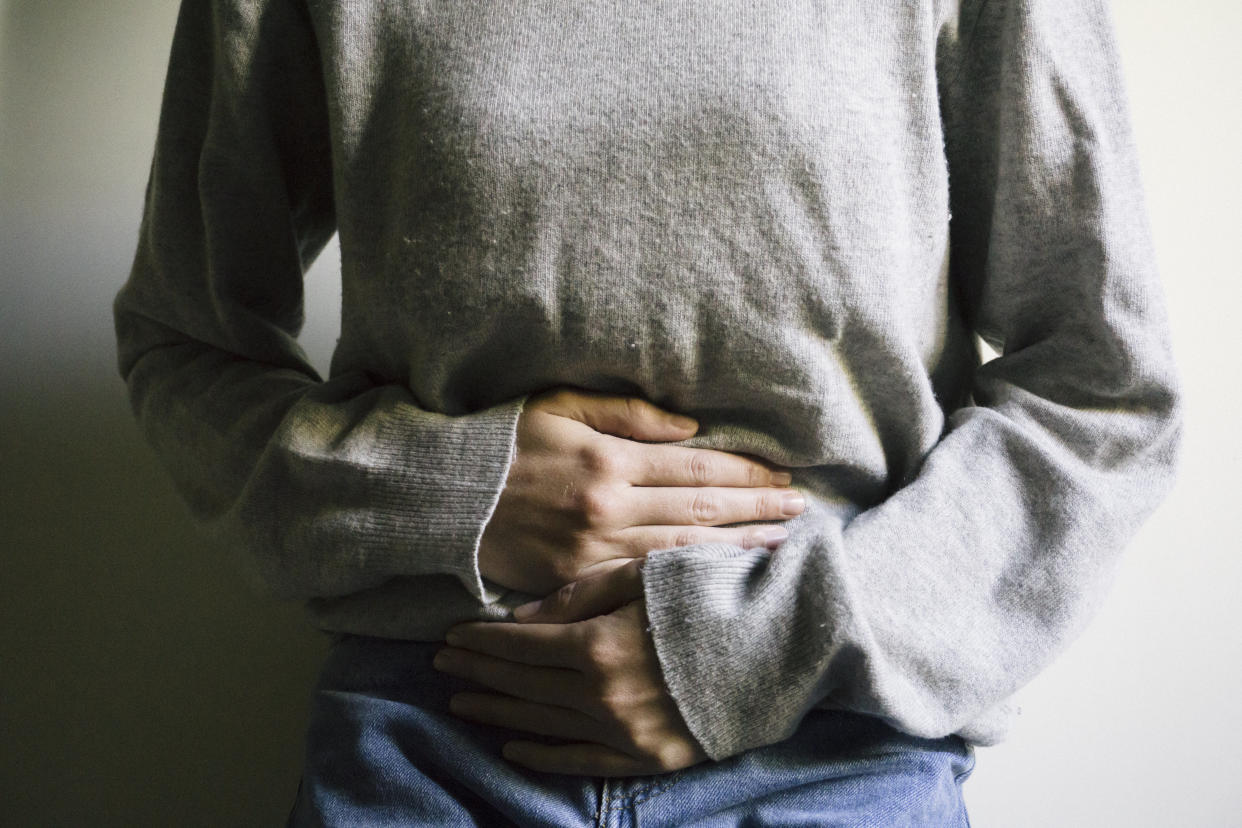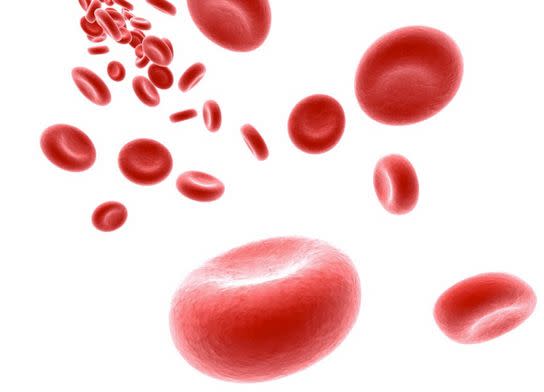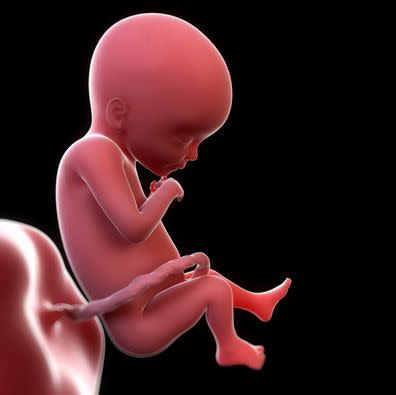Marijuana Dispensaries Are Giving Bad Advice To Pregnant Women

Pregnant women often struggle to manage the relentless nausea and vomiting that can be a hallmark of early pregnancy. Some eat small meals throughout the day hoping to find some relief; others try things like ginger, anti-nausea medications ... and weed.
Recent data show that the percentage of expectant moms who said they used marijuana has increased from about 2 percent nationally to nearly 4 percent in the last two decades.
Although the reasons for this small but significant uptick are not clear, many women cite morning sickness as a reason for turning to cannabis — and a new study published Wednesday suggests that legal dispensaries are hardly discouraging them.
Instead, it found that 70 percent of Colorado dispensaries endorsed cannabis products to help women with nausea in the first trimester.
“That was concerning to us, given that we would not recommend cannabis products for pregnant women,” said study author Dr. Tori Metz, a maternal-fetal medicine physician with the University of Colorado.
Metz and her fellow researchers called a mix of 400 medical and retail dispensaries in the state, posing as pregnant women. They stuck to a simple script, saying, “Hi, I’m eight weeks pregnant, and feeling really nauseated. Are there any products that are recommended for morning sickness?”
Of the 70 percent of dispensaries that recommended cannabis, most suggested a specific method — most often edibles, followed by inhalation, tinctures and topical applications.
Out of those who said using marijuana would be OK, 65 percent said their recommendations were based largely on their opinion, starting by saying things like “personally.”
But the remainder outright asserted that marijuana is safe during pregnancy, although the American College Of Obstetricians and Gynecologists and the American Academy of Pediatrics disagree, saying doctors should discourage women from marijuana use while pregnant or breastfeeding.
Studies have shown that cannabis can help cut down on nausea and vomiting associated with treatments like chemotherapy, but the big issue with pregnant women is the lack of data on safety. Animal models show that THC — tetrahydrocannabinol, the active ingredient in cannabis — crosses the placenta to the baby.
“There just is not good evidence for the safety of marijuana during pregnancy. There are some studies that show children of women who use marijuana may be at higher risk for ADHD, behavioral issues or learning issues. They may have lower birth weights,” said Dr. Leena Nathan, an OB-GYN with the University of California, Los Angeles.
“Until something is really proven safe over time, we cannot recommend it as a treatment,” she added, emphasizing that just because something is natural — as is often argued when it comes to marijuana — does not mean it has no risk of harm.
Nathan said she has definitely experienced an uptick in patients asking about using cannabis during pregnancy — or talking to her about having used it — since California legalized recreational marijuana.
Unfortunately, dispensaries don’t seem to be encouraging women to touch base with their doctors.
Roughly 80 percent of those at the dispensaries who gave the OK recommended that the woman on the line talk to her health care provider before trying a cannabis product, but only 32 percent did so without being prompted.
The ACOG recommends over-the-counter treatments such as vitamin B6 and doxylamine, which is found in many sleep medications, as safe treatment options, as well prescription drugs that can help women keep their food down.
“Like anything else in pregnancy, we really try to get women on medicines that we do have safety data for and that we do know are effective in pregnancy,” said Metz. “We don’t have any data that says marijuana is effective for nausea and vomiting and pregnancy.”
Also on HuffPost
1. Your Blood Volume Increases

2. You Actually Glow

3. You Grow An Entire Organ

4. You Loosen Up

5. You Stop Shedding

6. You Breathe Differently

7. You Become Particularly Orgasmic

Love HuffPost? Become a founding member of HuffPost Plus today.
This article originally appeared on HuffPost.

